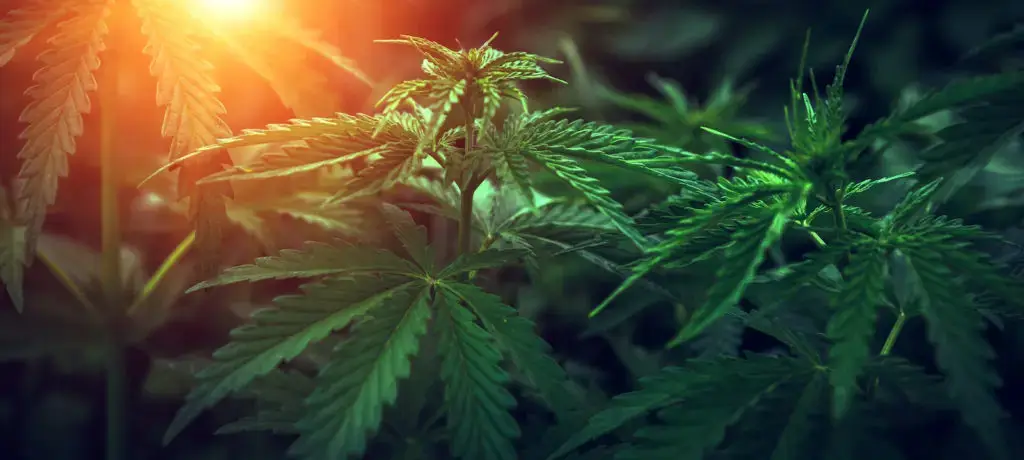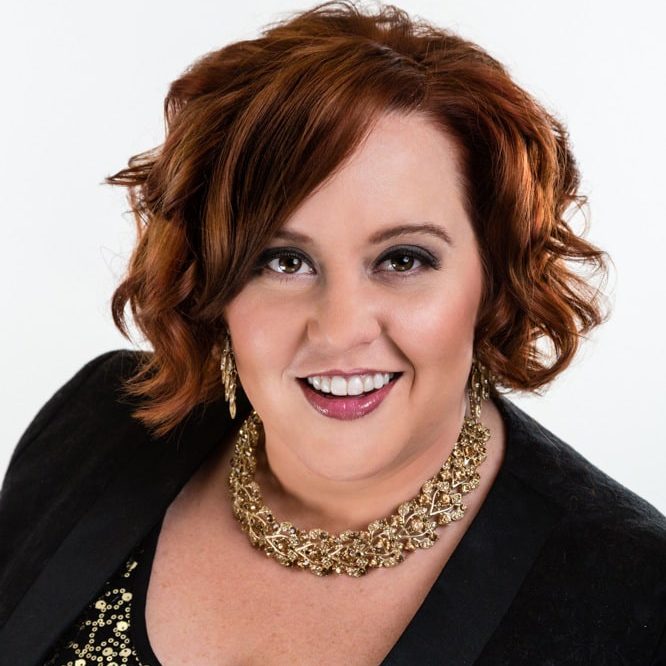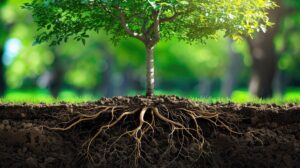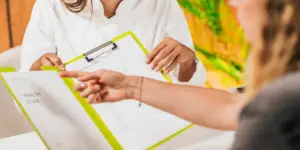What is a Cannabis Nurse?
Cannabis nurses can be found in myriad settings, frequently acting as coaches, advocates, and educators for their patients as well as their colleagues. You can find them in office-based healthcare practices, inpatient hospital settings, mental health facilities, children’s hospitals, working in their communities, and in business for themselves. A good cannabis nurse will be able to successfully lead their patients to an understanding of medical cannabis, and towards a solution that works for them.
What is Cannabis Nursing?
Cannabis nursing is a relatively new specialty, but it’s growing quickly. According to the scope and standards written by the American Cannabis Nurses Association (ACNA), cannabis nursings’ goal is to support and educate medical cannabis patients.
How can I learn more about becoming a cannabis nurse?
Learn more in the Cannabis Nurse Certificate Program, which is 72 contact hours, online, over 13 weeks!
Nurses are always looking for new ways to expand their knowledge and develop new skills in order to more effectively help their patients. Today, as legislation around the country is rapidly changing, more patients than ever before have legal access to cannabis. These patients may have a lot of questions about whether they can use cannabis safely and correctly for medical use. Federal decriminalization is likely to happen within the next few years, so nurses will have to be prepared to meet the needs of their patients.
This has created the term cannabis nurse.
What is Cannabis Nursing?
Cannabis nursing is a relatively new specialty, but it’s growing quickly. According to the scope and standards written by the American Cannabis Nurses Association (ACNA), its goal is to support and educate medical cannabis patients. Cannabis nurses are, for the most part, holistic nurses, supporting wellness and healing through their caring presence and body-mind-spirit outlook.
In 2018, the National Council of State Boards of nursing published National Nursing Guidelines for Medical Marijuana and stated that ALL nurses should be educated in the following 6 Principles of Essential Knowledge:
- The nurse shall have a working knowledge of the current state of legalization of medical and recreational cannabis use.
- The nurse shall have a working knowledge of the jurisdiction’s MMP.
- The nurse shall have an understanding of the endocannabinoid system, cannabinoid receptors, cannabinoids, and the interactions between them.
- The nurse shall have an understanding of cannabis pharmacology and the research associated with the medical use of cannabis.
- The nurse shall be able to identify the safety considerations for patient use of cannabis.
- The nurse shall approach the patient without judgment regarding the patient’s choice of treatment or preferences in managing pain and other distressing symptoms.
Cannabis nurses can be found in myriad settings, frequently acting as coaches, advocates, and educators for their patients as well as their colleagues. You can find them in office-based healthcare practices, inpatient hospital settings, mental health facilities, children’s hospitals, working in their communities, and in business for themselves. A good cannabis nurse will be able to successfully lead their patients to an understanding of medical cannabis, and towards a solution that works for them.
Like any area of nursing, it’s also important for cannabis nurses to practice adequate self-care in order to maintain a professional and caring presence with their patients. These nurses may also want to support other nurses in learning about this area. You can learn to coach other nurses through the courses at Integrative Nurse Coach® Academy.

Cannabis Nursing is NOT just about Cannabis
Perhaps a more appropriate term than “Cannabis Nurses” would be “Endocannabinology Nurses” since properly-trained cannabis nurses are experts in the body’s Endocannabinoid System — a body system so ancient it exists in nearly all animals except for insects and protozoa. The Endocannabinoid System, or ECS for short, is responsible for maintaining homeostasis in the body and regulates all the other bodily systems.
Additionally, well-educated cannabis nurses do not use the term “marijuana” (though there is no difference other than terminology) since it’s a term that was specifically used throughout the first half of the 1900s to incite race-related prejudice and fear. That continued in the second half of the 1900s with “the war on drugs” and the horribly ineffective “Just Say No” campaigns of the 1980s and 1990s.
Even now, racial disparities in cannabis related arrests persist in all 50 of the United States, despite the fact that cannabis has been legalized and decriminalized in many of those states. While it is still federally illegal and listed as a Schedule 1 Drug, the American government has (hypocritically, some might argue) held a patent on cannabis-based medicines as antioxidants and neuroprotectants (patent number 6,630,507) since 2003.
If that’s true, why didn’t I learn about the body’s Master Regulatory System in school?
The ECS was discovered as a result of researchers trying to understand the action of delta-9-THC (the chemical in cannabis that gives people the euphoric effects or “high” feeling) in the body. They theorised that if the chemical acted on the brain and body, it must interact with something IN the brain and body… they just didn’t know what that was until the first receptor was discovered. Those results were published in 1988 and Cannabinoid Receptor 1 was named after the plant that led to its discovery: cannabis.
Unfortunately, the stigmas surrounding cannabis and the false myths about it are so pervasive in American culture that these discoveries were not given the spotlight they deserved.
Here are just a few myths that have been thoroughly disproven:
- Unlike tobacco smoking, smoking cannabis does NOT cause cancer (despite huge amounts of money being spent to prove that it did). It has a superior safety profile and there has never been a death attributed to cannabis overdose in all of recorded history.
- Cannabis is NOT a gateway drug. It can actually be very helpful in cases of addiction and withdrawal (especially opioids).
- Legalizing cannabis does NOT increase the likelihood of minors getting their hands on it. States with regulated medical and adult use cannabis actually make it harder for kids to access it, since (unlike illicit drug dealers) regulated dispensaries will not sell to children unless cannabis has been deemed medically necessary by a doctor.
There are other reasons beyond the stigma to explain why the ECS isn’t being widely taught in medical and nursing schools. Many medical and nursing schools already consider their programs overly full and do not have the time and space to add to an already demanding curriculum. The lack of subject matter experts is another challenge schools have to overcome. It’s easy to recruit a cardiologist with decades of experience to chair a cardiology program, but endocannabinologists are in much shorter supply.
Until 2021, there wasn’t even a cannabis nursing textbook available, so anyone who wanted to teach this subject would have to sift through the nearly 70,000 studies available on pubmed to compile hundreds of research articles that can explain what is currently known on the subject.
Cannabis is the most studied plant on the planet, but its long history of prohibition along with the other challenges mentioned above have left schools behind the curve. This means it’s up to nurses, doctors, and other healthcare practitioners to educated themselves. We at INCA believe the best way to do this is our CannyNurse™ Certificate Program.
How is the CannyNurse® Certificate Program different from other cannabis training programs?
The founder and lead educator of the CannyNurse® Certificate Program, Ariana Ayu, is a Master’s Degree educated nurse who studied cannabis in a university setting. Recognizing that not all nurses can stop working and dedicate themselves full-time to the study of the Endocannabinoid System and that the majority of cannabis training programs are only a few hours long (and far from comprehensive), Ariana wrote this program with working nurses in mind.
Additionally, most of the programs available only focused on cannabis, rather than the ECS as a whole system that can be impacted not just by medical cannabis (including CBD and THC), but by holistic healing modalities and lifestyle medicine. The CannyNurse® Certificate Program is exclusively offered through INCA, whose focus on integrative health and wellness was a perfect fit for Ariana’s vision.
References
- American Cannabis Nurses Association. (2019, March). Scope and standards of practice for cannabis nurses. American Cannabis Nurses Association (ACNA).
- American Civil Liberties Union. (2020). A Tale of Two Countries: Racially Targeted Arrests in the Era of.
- Clark, C. S. (2021). Cannabis: A handbook for nurses. LWW.
- Evanoff, A. B., Quan, T., Dufault, C., Awad, M., & Bierut, L. J. (2017). Physicians-in-training are not prepared to prescribe medical marijuana. Drug and Alcohol Dependence, 180, 151–155.
- Hari, J. (2016). Chasing the scream: The first and last days of the war on drugs. Bloomsbury USA.
- NCSBN Medical Marijuana Guidelines Committee. (2018). The NCSBN national nursing guidelines for medical marijuana. Journal of Nursing Regulation, 9(2), S1–S60.
- Silver, R. J. (2019). The endocannabinoid system of animals. Animals, 9(9), 686.
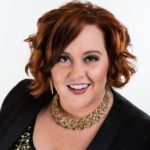
Integrative & Holistic Cannabis Nurse Coach
Founder / Lead Educator, CannyNurse™ Certificate Program
Ariana Ayu is a Transformational Mystic and a Catalyst for Constructive Change.
Ariana became a professional Healer in 2000 and has been certified in a wide variety of modalities including: bio-field healing (Reiki, Reconnective Healing, Matrix Energetics, and more), hypnotherapy (including Past Life and Life Between Lives regression therapies), Deep Memory Process and Ancestral Healing (with the late great Roger Woolger, may he rest peacefully and/or be enjoying whatever he’s doing now), and plant medicine (aromatherapy, flower essences, and cannabis therapeutics).
She was initially Ordained as a Priestess in 2004, and again through the Temple of Ascension in 2018. Ariana has studied ancient and modern wisdom from a wide variety of cultures and spiritual traditions. She’s done a wide variety of sacred travel, including Earth-grid work with Drunvalo Melchizadek in Easter Island and Moorea, ceremonies inside multiple Egyptian pyramids with Nicki Scully and Star Wolf, and private communing with stone circles in Ireland and Scotland. Her most constant journey has been an inner one; always seeking to understand her inner workings and evolve into a more authentic expression of her soul’s purpose on Earth.
Ariana became licensed as a Registered Nurse in 2008 due to a desire to understand the body (and our healthcare system) in a deeper way than she had before as a healer. She earned her Masters Degree in Advancing Nursing Practice from the University of Edinburgh in Scotland, UK in 2010 and her dissertation was entitled “Researching Complex Interventions and Holistic Biofield Therapies: A Proposed Phenomenological Study of Reiki” and can be viewed/ downloaded by clicking the title.
In 2012, after seeking an approach to nursing that was more closely aligned with her holistic philosophy, Ariana completed the Integrative Nurse Coach® Certificate Program from the International Nurse Coach Association | Integrative Nurse Coach® Academy, followed by the Holistic Health Coach training from the Institute for Integrative Nutrition (a year-long course whose content included over 100 different dietary theories). In 2020, she completed the Cannabis Nursing program through Pacific College of Health Sciences.

